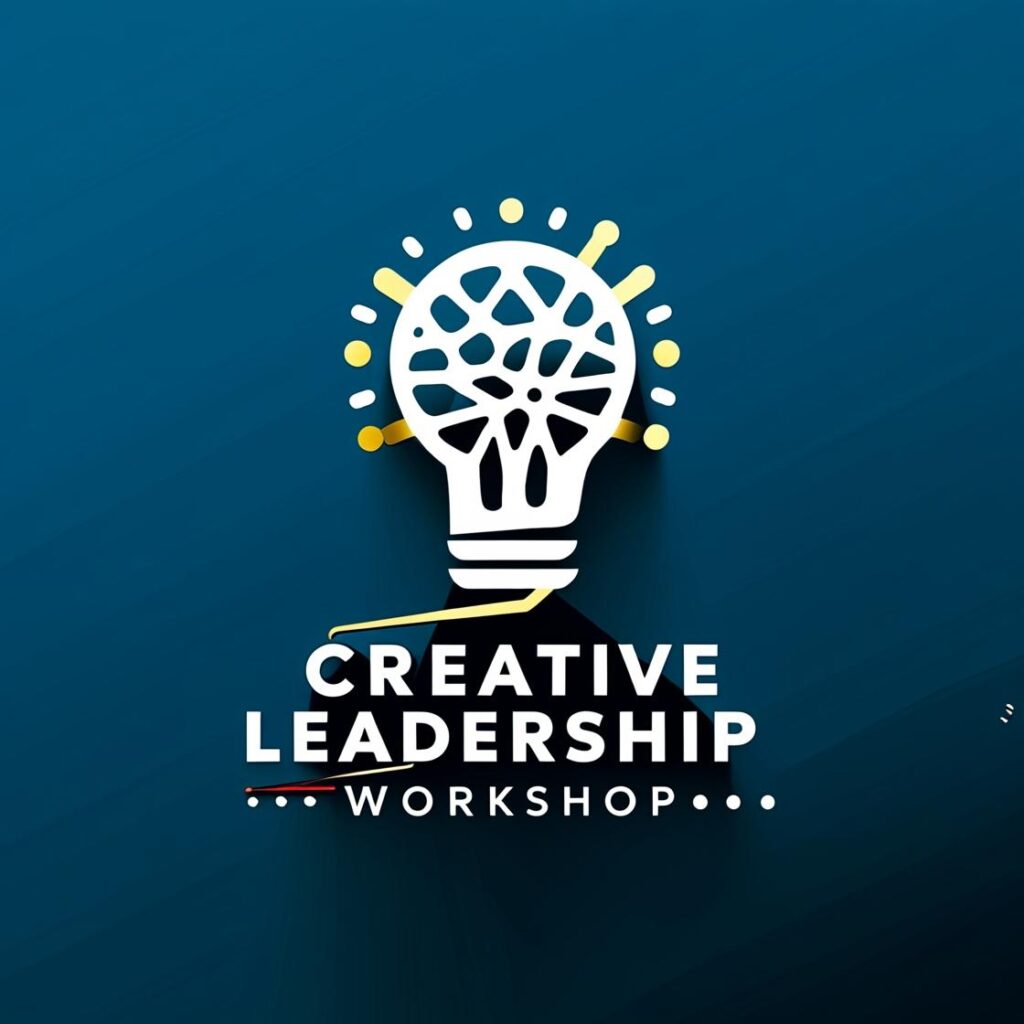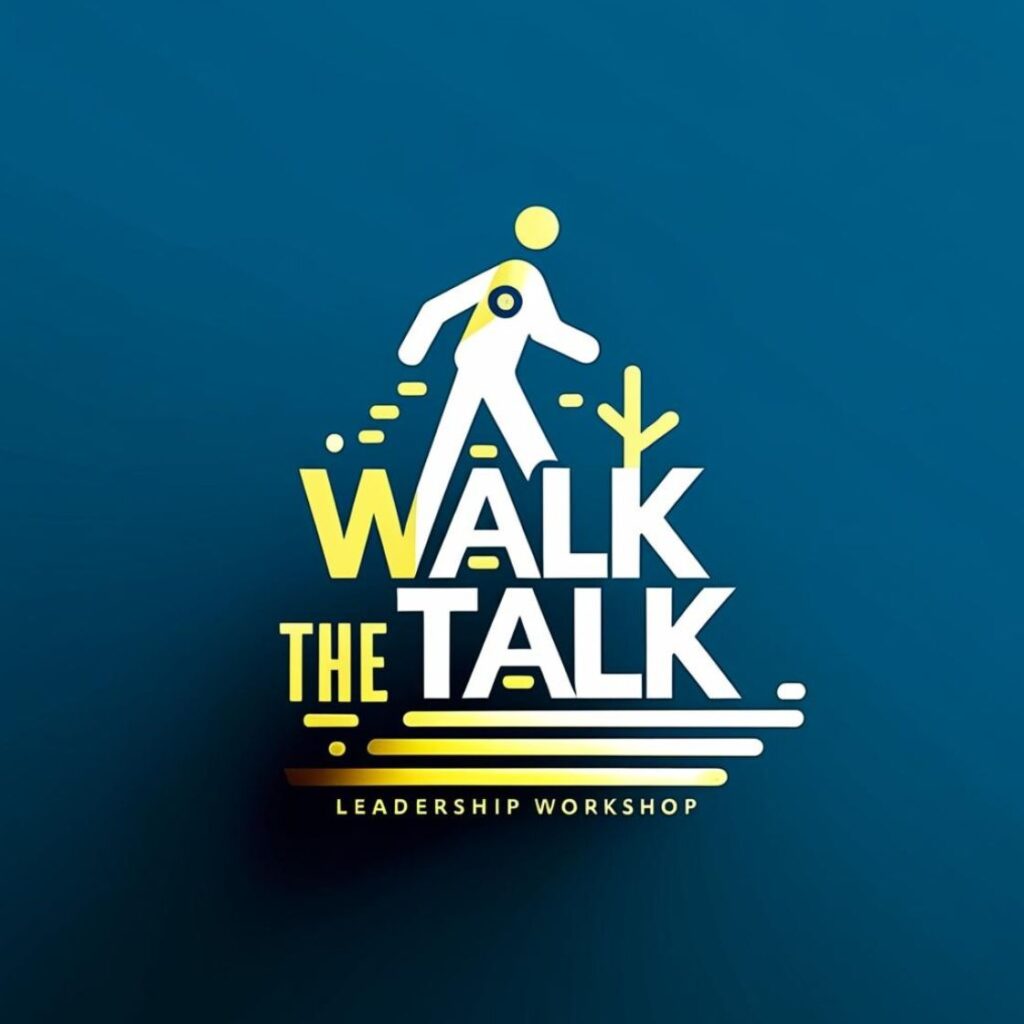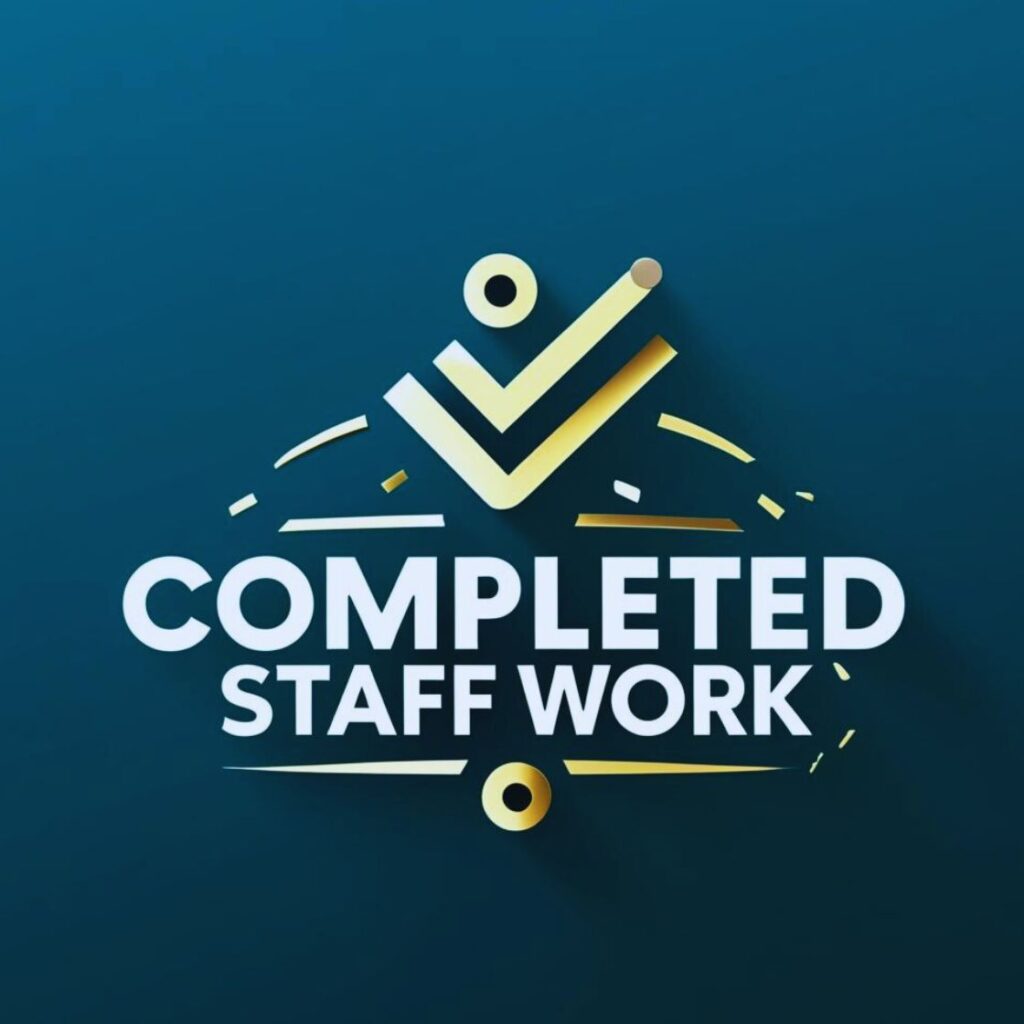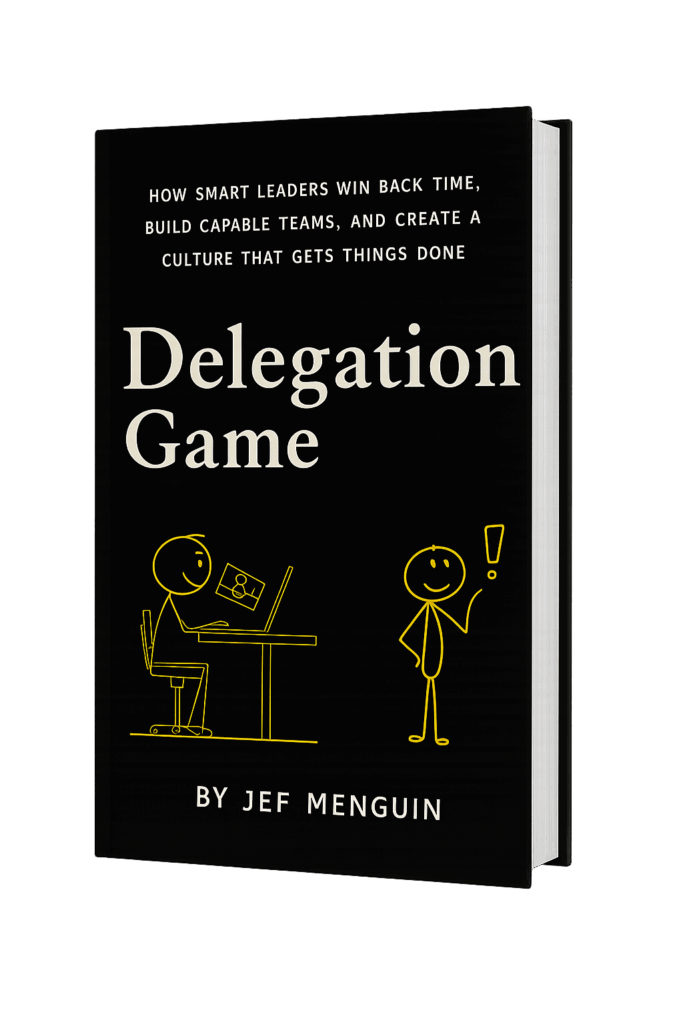Lead yourself before you aim to lead others. This is not just a saying but a fundamental principle of leadership. For every Filipino professional aspiring to climb the ladder of success and influence, understanding the essence of self-leadership is crucial.
This article offers insights and guidance on the core idea of personal leadership and how it can pave the way for effective external leadership.
Importance of Leading Yourself First
We don’t need to wait for an appointment or election to become a leader. That is because the first level of leadership is leading oneself. The first level is as important as all the other levels. Skipping self-leadership makes one’s leadership devoid of authenticity.
Here are five reasons why we must lead ourselves first.
Self-Accountability: Before you can hold others accountable, you must practice it on yourself. Leading yourself means taking responsibility for your actions, decisions, and their outcomes.
Credibility: When people see that you walk the talk, they are more likely to respect and follow you. Leading by example sets a standard for your team or those around you.
Personal Growth: Leading yourself promotes self-awareness, self-reflection, and continuous learning. These are essential tools in one’s personal and professional journey.
Resilience in Adversity: Leading yourself first ensures you develop the resilience and mental fortitude required to navigate challenges. It’s about handling pressures internally before managing external crises.
Clarity of Purpose: When you lead yourself, you become clearer about your values, vision, and goals. This clarity guides your decisions and actions, aligning them with your personal and professional aspirations.
Self-leadership vs. External Leadership
Juan is faced with a tight project deadline. Instead of panicking or pushing the responsibility onto his team, he takes a moment to reflect and strategizes a plan. He thinks, “I can’t expect my team to put in extra hours if I’m unwilling to do the same.” Juan stays late, setting an example, and his team willingly follows suit.
This scenario demonstrates self-leadership. Juan assesses the situation, takes responsibility, and leads by example.
Liza, a manager at a company, notices that her team is demotivated. She calls a team meeting: “Guys, I’ve noticed our spirits are low. What can we do together to improve the situation?” Her team opens up about their challenges, and together they brainstorm solutions.
This scenario is an example of external leadership. Liza identifies an issue with her team, communicates directly, and works collaboratively to find solutions.
Self-leadership is about taking personal responsibility, setting an example, and guiding oneself toward growth and success. External leadership, on the other hand, focuses on guiding, influencing, and working with others to achieve collective goals.
Self-Awareness
To truly understand and lead oneself, one must first have a deep awareness of their own strengths, weaknesses, emotions, and motives.
This is where the power of self-awareness comes into play. Many successful professionals acknowledge that understanding oneself is the first step to achieving great things in both personal and professional realms.
Strengths and Weaknesses
Recognizing what you’re good at and where you might fall short is the beginning of personal growth. A study by the Harvard Business Review showed that leaders who possess a strong self-awareness tend to perform better in their roles. They know where they shine and where they need to seek help or improve.
Regularly seeking feedback from peers, mentors, and even subordinates can provide valuable insights into areas you might have overlooked. According to a report by Forbes, professionals who actively seek out feedback are more adaptable and effective in their roles.
Spending time to introspect, perhaps through journaling or meditation, can help in identifying patterns in behavior and areas for improvement. A recent study from the University of Cambridge highlighted the positive impact of regular self-reflection on personal growth and decision-making.
Emotional Intelligence
Emotional intelligence (EI) goes beyond traditional measures of intelligence. It’s about understanding, managing, and effectively expressing one’s emotions and understanding others’. A study by TalentSmart found that 90% of top performers in the workplace have high EI, indicating its importance in professional success.
High emotional intelligence allows professionals to navigate interpersonal relationships more smoothly, fostering collaboration and reducing conflict. As per the World Economic Forum, emotional intelligence will be among the top 10 skills required in the workplace by 2025.
One of the core components of EI is the ability to regulate one’s emotions, especially in stressful situations. This not only promotes mental well-being but also ensures clarity in decision-making. A report from the Yale Center for Emotional Intelligence highlighted the profound impact of emotional self-regulation on overall productivity and mental health.
Self-awareness is not just about recognizing one’s strengths and weaknesses but also about harnessing the power of emotional intelligence.
Embrace the Learning Mindset
Standing still is akin to moving backward. Thus, for Filipino professionals aspiring to thrive, adopting a learning mindset isn’t just an asset—it’s a necessity. This mindset revolves around the belief that skills and intelligence can be developed and that challenges are opportunities for growth.
The Power of Lifelong Learning
In an age of rapid technological advances and shifting work landscapes, continual learning ensures that you remain relevant and competitive. According to the World Economic Forum, about 65% of children entering primary school today will end up working in roles that don’t yet exist. This underscores the importance of lifelong learning to adapt to new roles and challenges.
Learning new skills or deepening your knowledge in a specific area can significantly boost your self-confidence. This confidence, in turn, opens up opportunities and makes tackling challenges easier.
Regular learning exercises the brain, keeping it sharp. The National Endowment for the Arts found that professionals who engage in lifelong learning activities display improved cognitive functions and memory.
Strategies to Foster a Growth Mindset
Rather than shying away from challenges, see them as opportunities to grow. By facing difficulties head-on, you stretch your capabilities and learn more about yourself.
Instead of fearing mistakes, view them as a natural part of the learning process. As found in a study by Stanford University, individuals with a growth mindset are more likely to learn from errors, enhancing their capacities over time.
Regular feedback from peers, mentors, or supervisors can provide insights into areas of improvement. By viewing feedback as constructive rather than critical, you can continuously refine your skills and approach.
Foster a natural curiosity about the world. Read regularly, attend workshops, or take up new hobbies. Curiosity has been linked to a growth mindset, and according to a University of California study, it can also improve problem-solving skills.
Set clear goals and visualize your journey towards them. Recognizing your progress can reinforce your growth mindset and motivate you to continue learning.
As the world changes, so too must our approach to knowledge and growth. Embracing challenges, learning from mistakes, and constantly seeking to expand one’s horizons are the hallmarks of a truly forward-thinking professional.
The Lifelong Journey of Self-Leadership
Self-leadership isn’t a destination but a continuous journey. The path of self-leadership is marked by adaptability, resilience, and the influence they exert on the world around them. Understanding the dynamics of self-leadership and its long-term impact is paramount.
Stay Adaptable in a Changing World
As the old saying goes, “Change is the only constant.” Whether it’s technological advancements or shifts in the socio-economic landscape, change is inevitable. A study from Harvard Business Review revealed that professionals who embrace change rather than resist it are more likely to succeed and feel content in their roles.
Keeping yourself updated with the latest trends, skills, and knowledge makes you more adaptable. This ties back to the importance of a learning mindset, which ensures that you’re always equipped to handle new challenges.
Change often brings challenges. Building resilience helps you bounce back from setbacks faster, ensuring you remain effective even during turbulent times. A research paper from the American Psychological Association showed that resilient individuals adapt to changes more effectively and maintain their well-being during adversity.
How Leading Yourself Influences Others:
When you prioritize self-leadership, it’s evident in your actions, decisions, and attitude. This can inspire those around you to also take charge of their personal growth and leadership journey. As per a study from the Journal of Applied Psychology, leaders who practice what they preach cultivate more trust and loyalty in their teams.
When you lead yourself effectively, it promotes a culture of accountability, growth, and continuous learning in your workplace or community. This positive environment encourages others to also strive for excellence.
As you grow and progress in your journey of self-leadership, you’ll be in a better position to mentor and guide others. Sharing your experiences, learnings, and insights can have a profound impact, empowering others to embark on their self-leadership journeys.
To conclude, the journey of self-leadership is a lifelong commitment. As you navigate the winding paths of personal and professional life, staying adaptable and understanding the broader impact of your growth is essential.
By leading yourself, you don’t just improve your life but create ripples that can positively influence countless others.
Remember, the most influential leaders aren’t just those who lead large teams or nations, but those who inspire others by leading themselves first.



